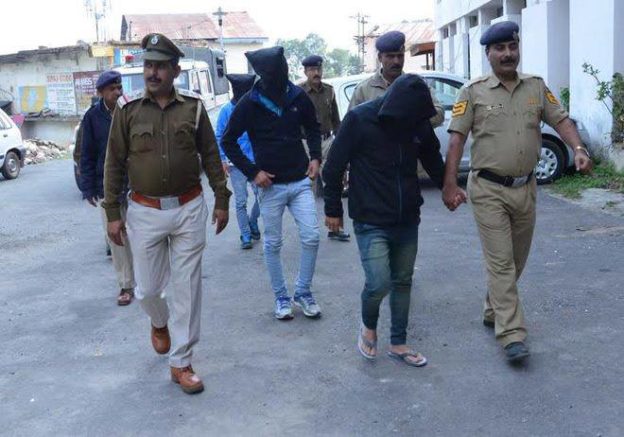CCP’s new law set to tighten religious freedom, speed up sinicization project

By Tsering Choephel
DHARAMSALA, 7 Aug: The Chinese Communist Party’s (CCP) 75 points new guidelines on religious activities, effective from 1 September, will have all places of worship within China mandatorily prioritise CCP’s leadership and its policies under the rubric of “sinicization”, reported Tibetan Review.
Sangjie Kyab, a Chinese researcher at Tibetan Centre for Human Rights and Democracy (TCHRD) expressed concern over the development saying that since the new guidelines will be executed as law from 1 September, “the Tibetan monasteries, temples, the practice of its religion and all religious affairs will see a much harsher crackdown in the days ahead.”
“The CCP’s clampdown on human rights in Tibet, in particular, its practice of religion which is embedded within its cultural tradition and heritage, is aimed at annihilating Tibetans’ identity by assimilating it completely into the mono-Chinese communist ideals,” Kyab added.
The rigorous new laws leave no spheres of religious activities in China safe from dilutions and distortions of the CCP agenda: monoculturisation of all other cultures into Han culture under the banner of “socialist with Chinese character.”
All religious institutions of monasteries, temples, mosques and churches and their activities will be required to support CCP and its chairman Xi Jinping’s ‘sinicizing’ plans and programs.
“No organization or individual may use religious activity sites to conduct activities that endanger national security, disrupt social order [or] damage national interests,” a copy of the rules published on the website of the party’s outreach and influence arm, the United Front Work Department, was quoted as saying.
Thoroughly vetted by the Chinese religious affairs authority, leaders of religious centres must “love the motherland and support the leadership of the CPC and the socialist system.”
Additionally, they have a duty to “educate religious citizens to love the motherland” and comply with sinicization policies
No religious activities can be carried out without submitting a detailed plan to the authority for approval. The religious venues are required to file their staff or residents’ religious and social activities including any contacts with overseas organizations or individuals.
The new rule also prohibited citizens “to invest in, contract and operate religious activity site or large open-air religious statues.” It also includes a ban on accepting teaching posts from overseas religious groups or institutions without prior authorization and accepting donations from overseas.
Deeping the CCP’s dictates on the religious sphere, the new guideline states “The content of sermons shall be appropriate for the Chinese national situation … and embody socialist core values.”
The constant coercion of religious institutions to engage in nationalistic and patriotic education and the promotion of the use of the Mandarin language in religious activities and writings clearly expose the CCP’s suffocating rule and its dictatorial executions of it.
The religious centres must “integrate Chinese culture and embody Chinese style in terms of architecture, sculpture, painting, decoration and so on,” for “it is forbidden to build large open-air religious statues outside temples and churches.”
Religious groups are also said to be banned from carrying out unapproved activities outside their pre-approved, scheduled programmes and hosting unapproved religious activities in a site not approved for such activities.
These so-called new guidelines on religious activities announced to be effective from 1 September are, however already being actively practised across China, particularly the religious institution and its cultural heritage in occupied countries of Tibet and East Turkistan.
According to the report, these guidelines place religious centres across the PRC under the direct supervision of the State Administration of Religious Affairs and the Party United Front Work Department.
Exposing the duplicity of CCP’s functioning, Kyab said that the new laws “not only tramples over the international human rights, but it also breaks its own law that guarantees ‘religious freedom’ and claim to provide security and respect its people and their traditions” adding “ it also highlights the continued deterioration of situations and cultural genocidal policies inside Tibet under X-Jingpings rule.”




